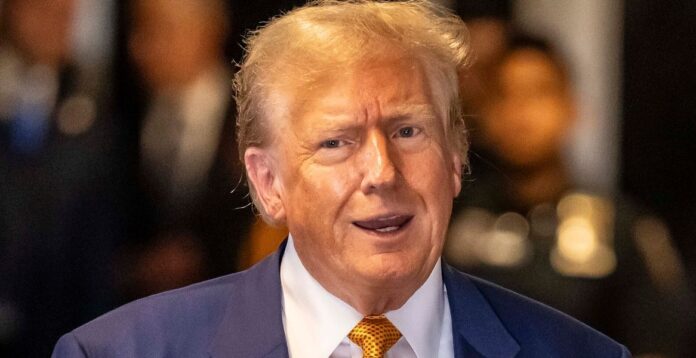Summary:
Key Falsehoods or Claims: In this article, Donald Trump announces a new 25 percent tariff on imported cars, claiming that it will strengthen the U.S. economy and protect American jobs. However, this decision is based on the false premise that tariffs will lead to economic growth and job creation, ignoring the potential negative impact on consumers and domestic industries that rely on imported cars.
Source: The Washington Post is a reputable and neutral outlet, known for its thorough and fact-checked reporting.
Analysis: The announcement of new tariffs on imported cars contributes to the ongoing pattern of misinformation and false claims by the Trump administration. This perpetuates a climate of uncertainty and division, as well as undermining public trust in government decision-making. Polling data and public statements may show how the spread of misinformation and conspiracy theories has led to confusion and polarization among the public, ultimately posing a threat to our democracy.
Potential Reactions or Outcomes: Hypothetically, the announcement of new tariffs may lead to public concerns about increased prices and reduced choices for consumers, as well as potential retaliation from other countries. This could impact voter behavior and public opinion on the administration’s economic policies.
Further Reading: For further reading on the impact of misinformation and media influence, reputable sources such as The New York Times, NPR, and academic studies on misinformation and propaganda can provide deeper insights into the effects of false claims and conspiracy theories in politics.
By maintaining a neutral tone and separating facts from opinion, this analysis provides a comprehensive examination of the impact of lies, conspiracy theories, and tariffs on public opinion and democracy.
Source link
Redirect URL
